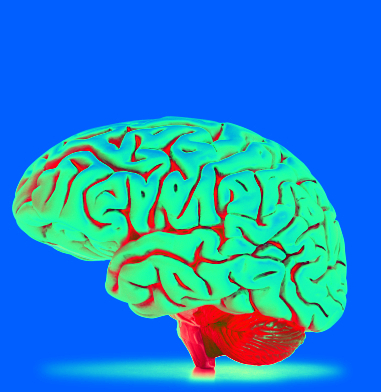Tired brains make worse choices
 French researchers have studied the fatigue that comes after a long day of thinking.
French researchers have studied the fatigue that comes after a long day of thinking.
Thinking too hard for too long makes the brain tired and worse at making decisions, according to the research.
When intense cognitive work is prolonged for several hours, it causes potentially toxic byproducts to build up in the part of the brain known as the prefrontal cortex. This in turn alters control over decisions, so people tend to shift toward low-cost actions requiring no effort or waiting as cognitive fatigue sets in, the researchers explain.
“Influential theories suggested that fatigue is a sort of illusion cooked up by the brain to make us stop whatever we are doing and turn to a more gratifying activity,” says Mathias Pessiglione of Pitié-Salpêtrière University in Paris, France.
“But our findings show that cognitive work results in a true functional alteration - accumulation of noxious substances - so fatigue would indeed be a signal that makes us stop working but for a different purpose; to preserve the integrity of brain functioning.”
The researchers used magnetic resonance spectroscopy (MRS) to monitor brain chemistry over the course of a workday. They looked at two groups of people; those who needed to think hard and those who had relatively easier cognitive tasks.
They saw signs of fatigue, including reduced pupil dilation, only in the group doing hard work. Those in that group also showed in their choices a shift toward options proposing rewards at short delay with little effort. Critically, they also had higher levels of glutamate in synapses of the brain’s prefrontal cortex.
Together with earlier evidence, the authors say it supports the notion that glutamate accumulation makes further activation of the prefrontal cortex more costly, such that cognitive control is more difficult after a mentally tough workday.
Dr Pessiglione says there are some strategies to work around the limitation.
“I would employ good old recipes: rest and sleep! There is good evidence that glutamate is eliminated from synapses during sleep,” he said.
The researchers say that monitoring of prefrontal metabolites could help to detect severe mental fatigue. Such an ability may help adjust work agendas to avoid burnout.
Overall the experts advise people to avoid making important decisions when they are tired.
The full study is accessible here.







 Print
Print